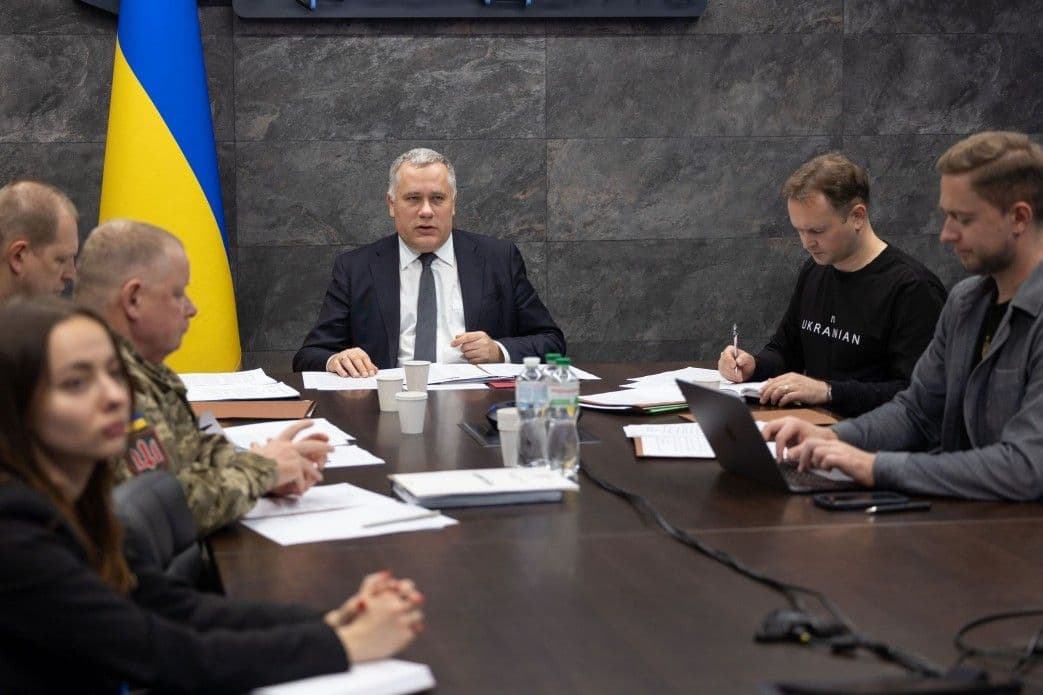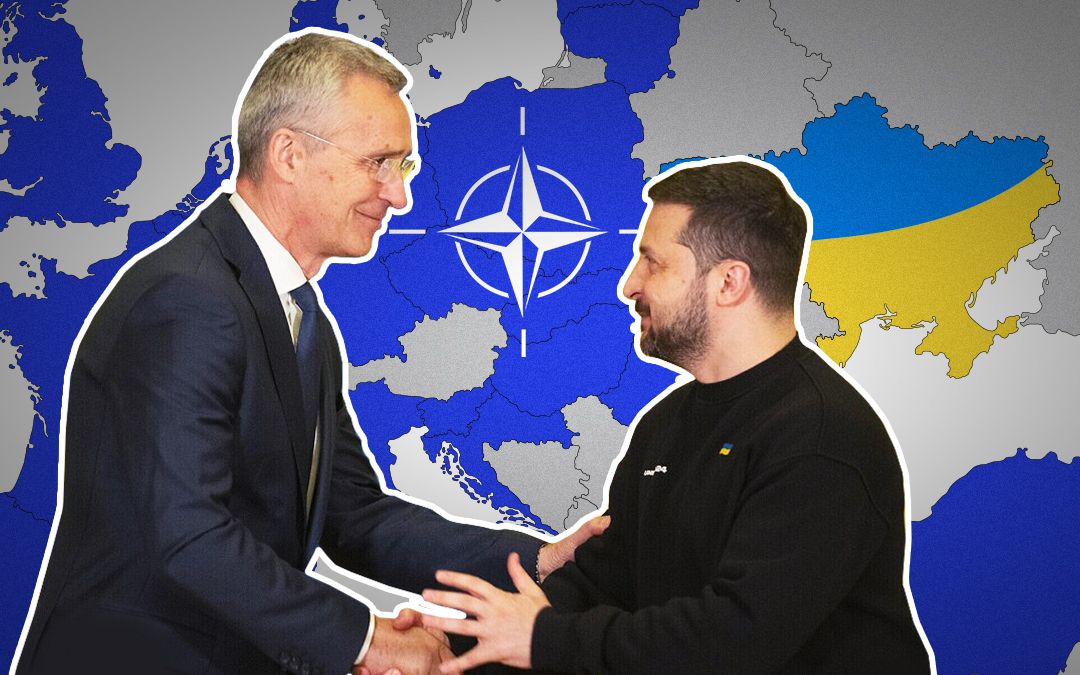Germany joins G7 talks on potential security guarantees for Ukraine

Ukraine and Germany on Nov. 17 began bilateral negotiations on potential security guarantees as presented during the NATO summit in Vilnius in July, the President's Office reported.
"Without Germany, it is impossible to imagine the effectiveness of security guarantees, as well as the future membership of Ukraine in the Euro-Atlantic community," Ihor Zhovkva, the President's Office deputy head leading the Ukrainian negotiation team, said.
The teams exchanged approaches to future bilateral security guarantees and agreed on a plan for further actions, according to the President's Office.
Germany is the latest to join other Group of Seven (G7) members in the bilateral security guarantees discussion, including the U.K., the U.S., Japan, France and Canada.
The Group of Seven (G7) members presented their long-term security commitments for Ukraine at the NATO summit in Vilnius in early July.
Under this plan, individual countries would provide bilateral support to help Kyiv repel the ongoing Russian invasion and deter any future aggression.
The security guarantees would entail explicit and long-lasting obligations, as well as bolster Ukraine's ability to resist Russian aggression. The guarantees would also cover sanctions, financial aid, and post-war reconstruction.
Ukraine has said that the best security guarantee for it would be to become a full-fledged NATO member after Russia's war ends.
The French Foreign Ministry released a statement in late May that NATO allies were contemplating an Israeli-style security agreement for Ukraine.
However, allies reportedly remain divided on Ukraine's NATO accession.
Politico reported on June 8 that Western officials remain divided on providing security guarantees for Ukraine, questioning whether it is worthwhile when Ukraine is not yet a member of the military alliance.
Other NATO members, like Poland and Lithuania, favor offering a clear membership pathway to Ukraine.











